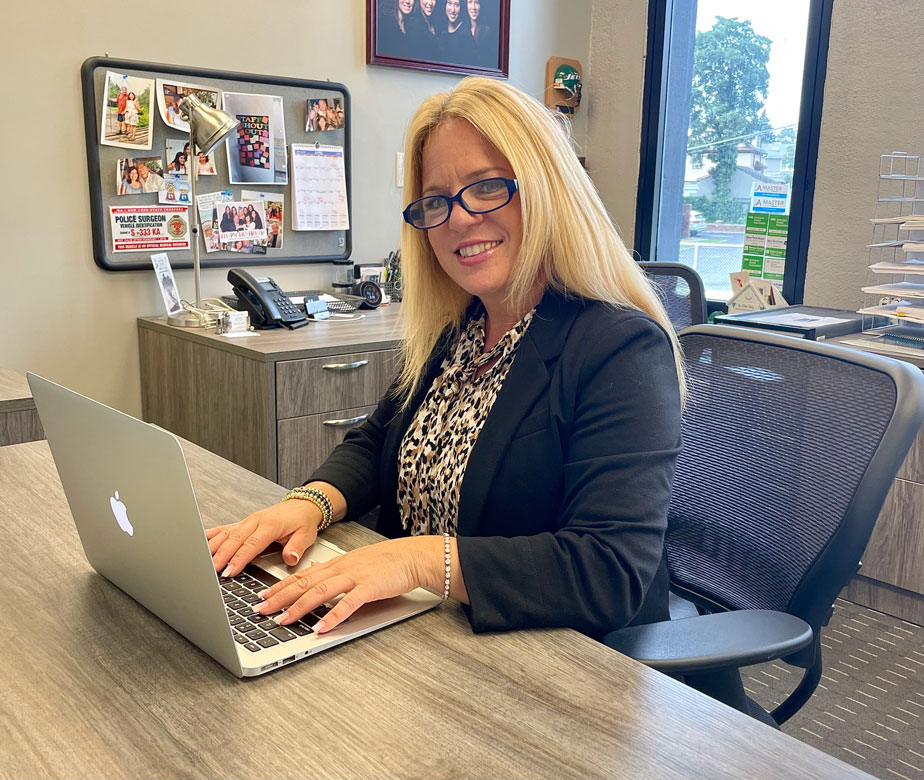|
As I drive around the tri-state area visiting with the practices we are coaching, I am always amazed at the length of the drive-thru lines I see repeatedly at Chick-fil-A fast-food restaurants. I’ve wondered what could possibly make these people want to wait so long for a fried chicken sandwich. The phenomenon is confirmed by industry studies that show that consumers wait in line the longest at Chick-fil-A, typically 9 minutes, when compared to all of the other chains. Chick-fil-A has the slowest drive-thrus in the country. The reason customers line up is that Chick-fil-A has done an incredible job of differentiating itself form all of the other places where you can get a fried chicken sandwich. In every presentation that we deliver to dentists around the country, we emphasize the importance of differentiating your practice from other practices in your area. Your goal should be to have patients say things like “that is the most thorough exam I’ve ever had”, ”the team is the nicest and most friendly I’ve ever met in a professional office”, “the doctor was the best listening doctor that I have ever had”.
One of the reasons the drive-thru experience is so positive at Chick-fil-A is that they add extra employees outside “working the line” to keep waiting customers engaged and to increase efficiency. Think about this in relation to your dental practices. One of the worst things that most practices do is leaving patients sitting alone in treatment rooms. This causes them to lose their patience and it creates extra anxiety. Do not leave patients alone in treatment rooms.
Despite Chick-fil-A’s poor showing in the speed study, they consistently score the highest in the area of customer satisfaction (95%), 10 percentage points above their nearest competitor, which takes into account staff friendliness and satisfying customer expectations. We should always expect good customer service, but Chick-fil-A does the common in an uncommon way.
I recently went to a Chick-fil-A to see how they could impress me. I noticed the cleanliness of the facility and an abundance of smiling employees who all made eye contact and said “hello”. Do all of the members of your dental team pay attention to the small detail of saying “hello” to every visitor to your office with a smile on their face, or do they get caught up in their busyness and ignore the patient?
When I said. “Thank you” (and I tried it several times), each time my comment was met with the team member saying, “my pleasure”, which implied that “it’s my pleasure to serve you”. When your patients say “Thank you” to members of your team, do they answer by saying “no problem” or “uh-huh”? Teaching them the preferred response is just one simple way of making improved service a competitive differentiator.
|


